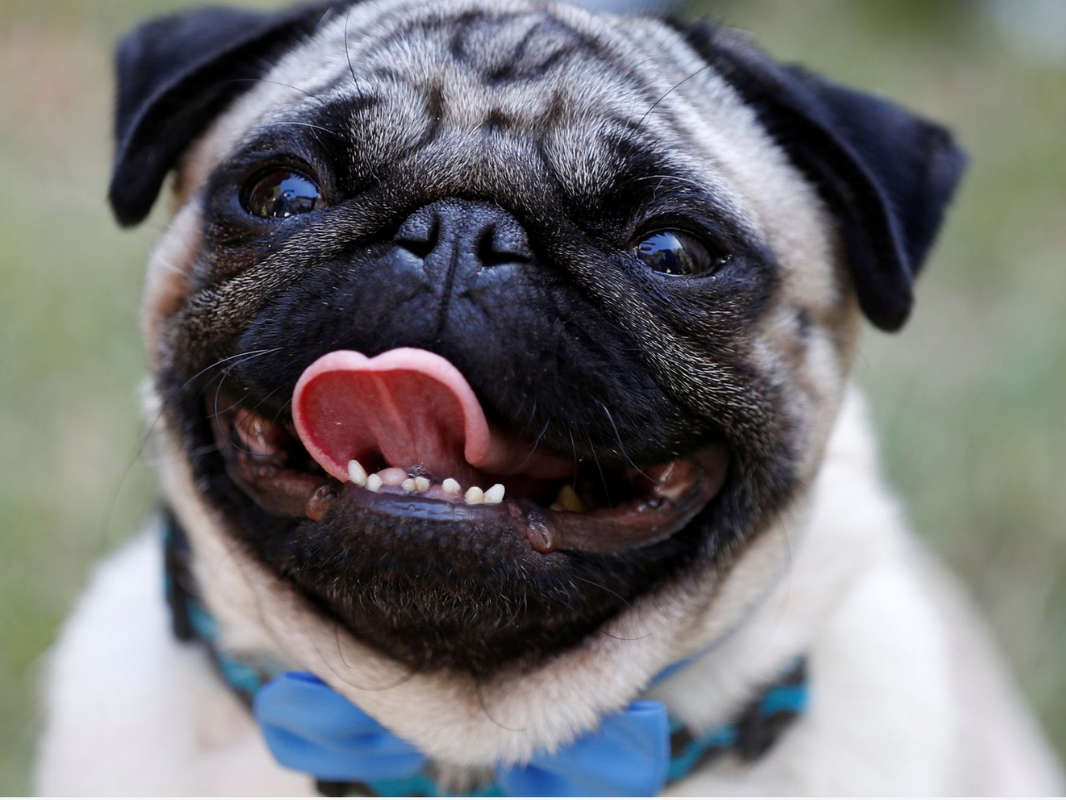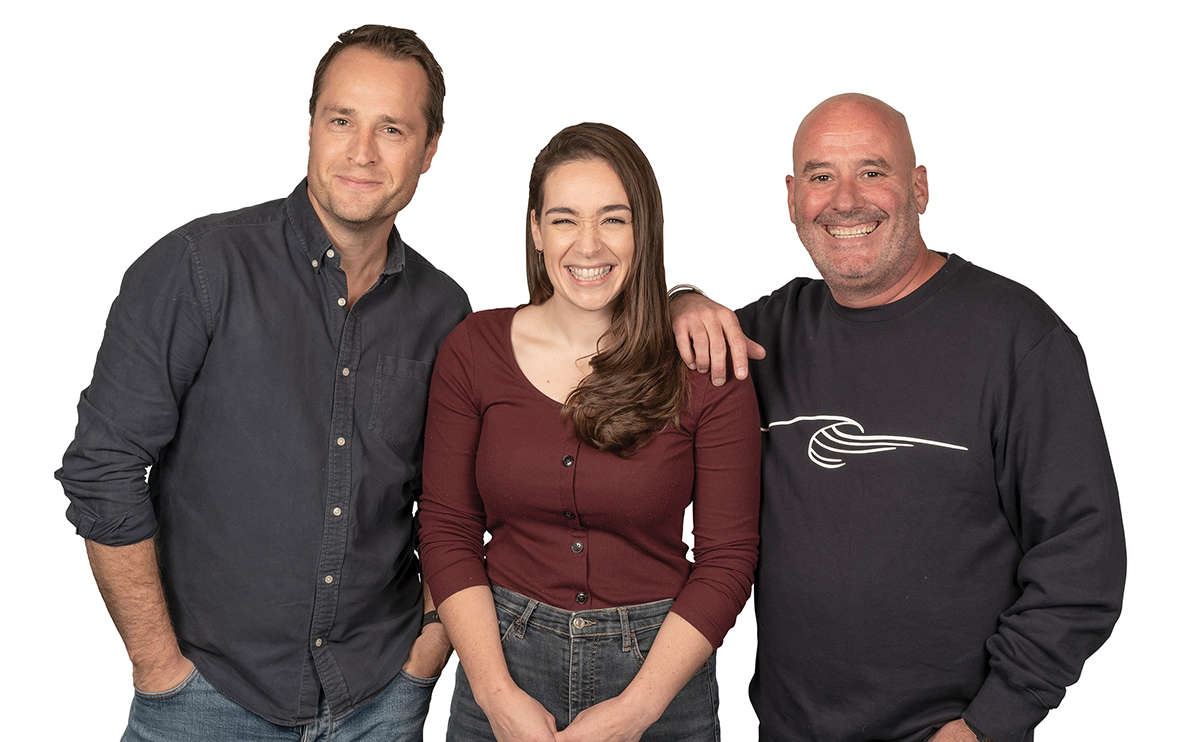
People are being warned not to buy pugs as pets due to the high rate of health issues associated with the breed.
New research from the Royal Veterinary College shows that pugs are almost twice as likely to experience one or more disorders annually compared with other dogs.
Experts now say that the pug can no longer be considered a typical dog from a health perspective and should not be bought as a pet until their health improves and their body shape shifts to being less extreme.
Dr Dan O'Neill, associate professor in companion animal epidemiology at the RVC and lead author of the paper, said:
"Although hugely popular as pets, we now know that several severe health issues are linked to the extreme body shape of pugs that many humans find so cute.
"It is time now that we focus on the health of the dog rather than the whims of the owner when we are choosing what type of dog to own."
Pugs are popular pets and between 2005 and 2017 there was a five-fold increase in Kennel Club registrations for the breed.
But they face health issues stemming from their flat face, bulging eyes, wrinkled skin, and tendency towards obesity.
The Royal Veterinary College's study compared the health of random samples of 4,308 pugs and 21,835 other breeds.
Flat-faced breeds often more vulnerable to respiratory problems
Pugs were 1.9 times as likely to have one or more disorders in a single year compared to non-pugs, with a higher risk of 23 out of the 40 most common disorders compared with a lower risk of only seven of the 40 disorders.
Brachycephalic obstructive airway syndrome was the disorder with the highest risk in pugs, with the breed almost 54 times more likely to have the condition.
Flat-faced (brachycephalic) breeds are often more vulnerable to respiratory problems because of the shape of their faces.
But pugs were at lower risk of conditions such as heart murmur, aggression, and wounds.
The research suggested that pugs suffer worse health due to their bodies and that, to correct this, their shape must become more moderate and less extreme.
Statistics 'shocking but sadly not surprising'
Justine Shotton, British Veterinary Association president, said:
"These statistics are shocking but, sadly, they will not be surprising to our members.
"Vet teams see pugs with these distressing health problems - from breathing difficulties to eye ulcers and painful spine abnormalities - in veterinary practices across the UK on a daily basis.
"This study clearly demonstrates how it is the extreme characteristics many owners find so appealing, such as squashed faces, big eyes and curly tails, which are seriously compromising pugs' health and welfare and often result in a lifetime of suffering.
"While these extreme, unhealthy characteristics remain, we will continue to strongly recommend potential owners do not buy brachycephalic breeds such as pugs."
The research is published in Canine Medicine and Genetics.


 Specialist Domestic Abuse Courts Now Running In Sussex
Specialist Domestic Abuse Courts Now Running In Sussex
 New Brighton Red Route Just A "Cash Grab" Says Trader
New Brighton Red Route Just A "Cash Grab" Says Trader
 Clare's Law Requests To Sussex Police Increase By 50%
Clare's Law Requests To Sussex Police Increase By 50%
 Two Arrested After Woman Dies In Brighton Hotel
Two Arrested After Woman Dies In Brighton Hotel
 Antique Clock Returned To Brighton Museum Following 2001 Theft
Antique Clock Returned To Brighton Museum Following 2001 Theft
 Shop Thief Faces Sentencing Over East Sussex Incidents
Shop Thief Faces Sentencing Over East Sussex Incidents
 Appeal After Woman Assaulted In Brighton
Appeal After Woman Assaulted In Brighton
 Man Charged Over Bexhill Arson
Man Charged Over Bexhill Arson
 Witness Appeal Following Eastbourne Hit-And-Run
Witness Appeal Following Eastbourne Hit-And-Run
 Wheelchair Accessible Dining Car Launches At Uckfield's Bluebell Railway
Wheelchair Accessible Dining Car Launches At Uckfield's Bluebell Railway